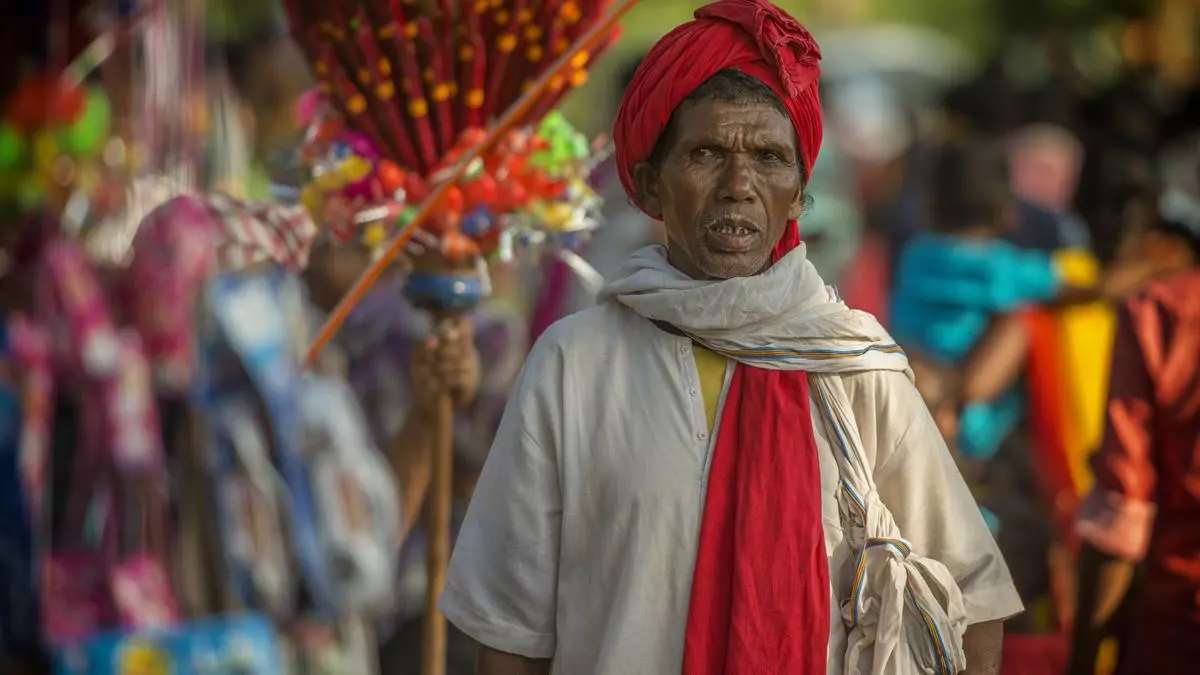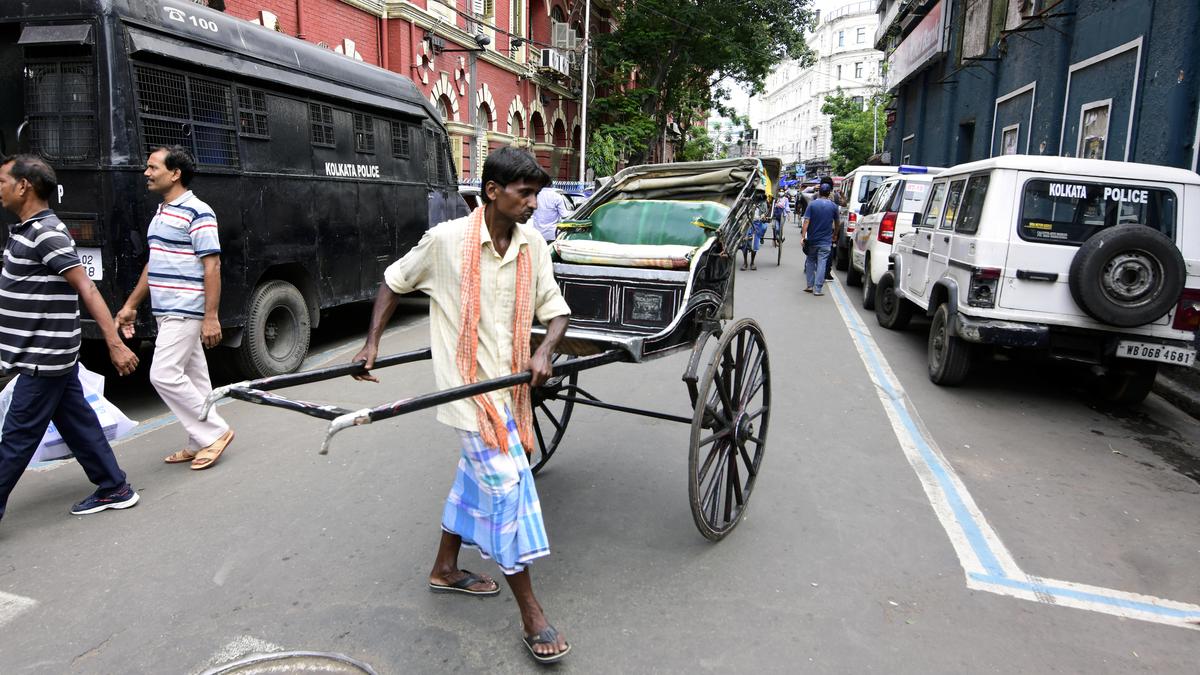Anusua Mukherjee reviews Jhumpa Lahiri’s ‘Whereabouts’
The HinduJhumpa Lahiri can be credited with having birthed the diaspora novel. The pain and liberation of the transformative process is brought out there in a quote from Ovid’s Metamorphosis, where the nymph Daphne, pursued by Apollo, changes into a laurel tree, and Apollo, placing his hand on its trunk, can feel “the breast still trembling under the new bark”. Lahiri, the unparalleled interpreter of the “private morphology of families,” can be ruthless: here’s the narrator standing before her father’s grave and addressing him: “I don’t forgive you for never having stepped into those arguments, for never protecting me, for having forsaken your role as my defender, all because you felt you were the victim in that tempestuous household.” Walking away Did that “tempestuous household” with the “oppressive mother” make her what she is? For instance, there’s the incident where she cogitates at length about removing a dead, decapitated mouse, which gives her the creeps and “still reminds me of a fig in high summer: the flavor of its red flesh, the warmth in my mouth.” What knits her contrary impulses together is her clinical mind, which can stare undauntedly at the abyss. As the train carries her away to a new life, she might be saying with Elizabeth Bishop: “The art of losing isn’t hard to master;/ so many things seem filled with the intent/ to be lost that their loss is no disaster.” Whereabouts; Jhumpa Lahiri, Hamish Hamilton, ₹499 [email protected]
History of this topic
Discover Related















)